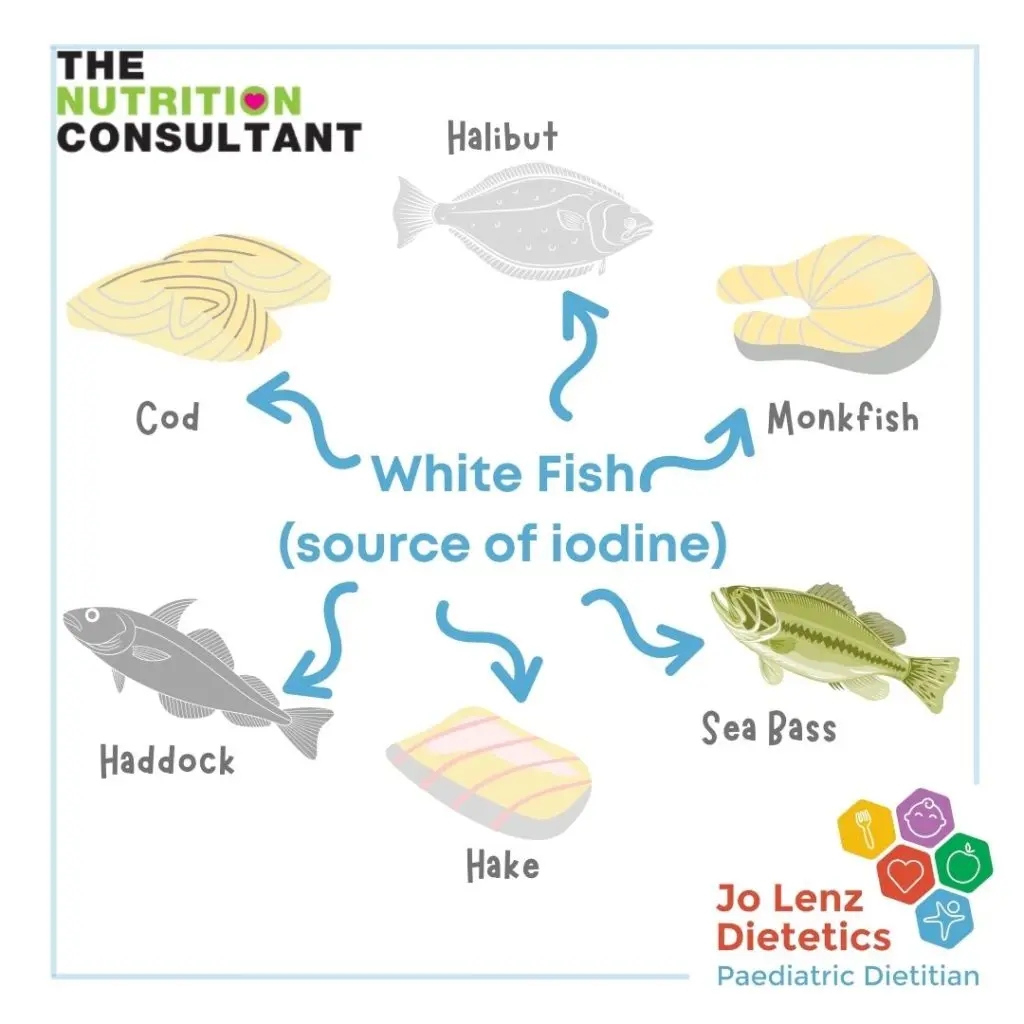When it comes to introducing solid foods to babies, parents often have many questions about what is safe and nutritious for their little ones. One common question that arises is whether babies can eat smoked haddock. In this article, we will explore the suitability of smoked haddock for babies and provide some important information for parents.
What is Smoked Haddock?
Smoked haddock is a type of fish that has been cured or preserved by smoking. It has a mildly sweet taste with lean white flesh and medium flakes. Smoked haddock is a popular ingredient in various dishes, such as bakes, kedgeree, chowder, and risotto.
Is Smoked Haddock Safe for Babies?
When it comes to introducing fish to babies, it is important to consider their age and developmental stage. The general recommendation is to introduce fish to babies around 6 to 8 months of age, after they have already tried other types of solid foods and have shown no signs of allergies or sensitivities.
Smoked haddock, like other fish, is a good source of protein, vitamins, and minerals, which are essential for a baby's growth and development. However, it is important to note that smoked haddock may contain higher levels of sodium and potential contaminants compared to fresh fish.
Mercury Content in Smoked Haddock
One concern that parents may have when it comes to seafood, including smoked haddock, is the presence of mercury. Mercury is a naturally occurring element that can be found in varying amounts in fish and seafood. High levels of mercury can be harmful, especially to young children and developing babies.
Fortunately, smoked haddock is considered to have low mercury content, making it a safer choice for babies. It is important, however, to ensure that the smoked haddock is sourced from reputable suppliers and properly cooked to reduce any potential risks.
Nutritional Benefits of Smoked Haddock
Smoked haddock offers several nutritional benefits for babies. It is a good source of high-quality protein, which is essential for muscle and tissue growth. It also contains important vitamins and minerals, such as vitamin B12, vitamin D, iodine, and selenium.
Additionally, smoked haddock is low in calories and fat, making it a healthy choice for babies who are transitioning to solid foods. It can also provide a good introduction to the taste and texture of fish, which can help broaden their palate and encourage healthy eating habits.

How to Prepare Smoked Haddock for Babies
When preparing smoked haddock for babies, it is important to follow some guidelines to ensure its safety and nutritional value:
- Choose smoked haddock that is fresh and sourced from reputable suppliers.
- Thoroughly cook the smoked haddock to eliminate any potential bacteria or parasites. It is recommended to steam, bake, or poach the fish rather than frying it.
- Remove any skin, bones, and excess salt from the smoked haddock before serving it to babies.
- Consider mashing or flaking the smoked haddock to make it easier for babies to consume.
Frequently Asked Questions
Can I give smoked haddock to my 6-month-old baby?
It is generally recommended to introduce fish, including smoked haddock, to babies around 6 to 8 months of age. However, it is important to consult with your pediatrician before introducing any new foods to your baby's diet.
How often can I give smoked haddock to my baby?
As with any new food, it is recommended to introduce smoked haddock gradually and monitor your baby's reaction. If your baby tolerates it well and shows no signs of allergies or digestive issues, you can include smoked haddock in their diet once or twice a week.
Are there any signs of allergy I should watch out for?
Common signs of an allergic reaction to smoked haddock or any other food include rash, hives, swelling, vomiting, diarrhea, or difficulty breathing. If you notice any of these symptoms, stop feeding the smoked haddock immediately and seek medical advice.
In conclusion, smoked haddock can be a nutritious and safe food option for babies when introduced at the appropriate age and prepared properly. It offers various nutritional benefits and can be a good source of high-quality protein, vitamins, and minerals. As with any new food, it is important to monitor your baby's reaction and consult with your pediatrician before introducing smoked haddock to their diet. By following the recommended guidelines, you can safely introduce smoked haddock to your baby and provide them with a tasty and nutritious meal.
If you want to know other articles similar to Can babies eat smoked haddock? a guide for parents you can visit the Baby-food category.


Related Articles